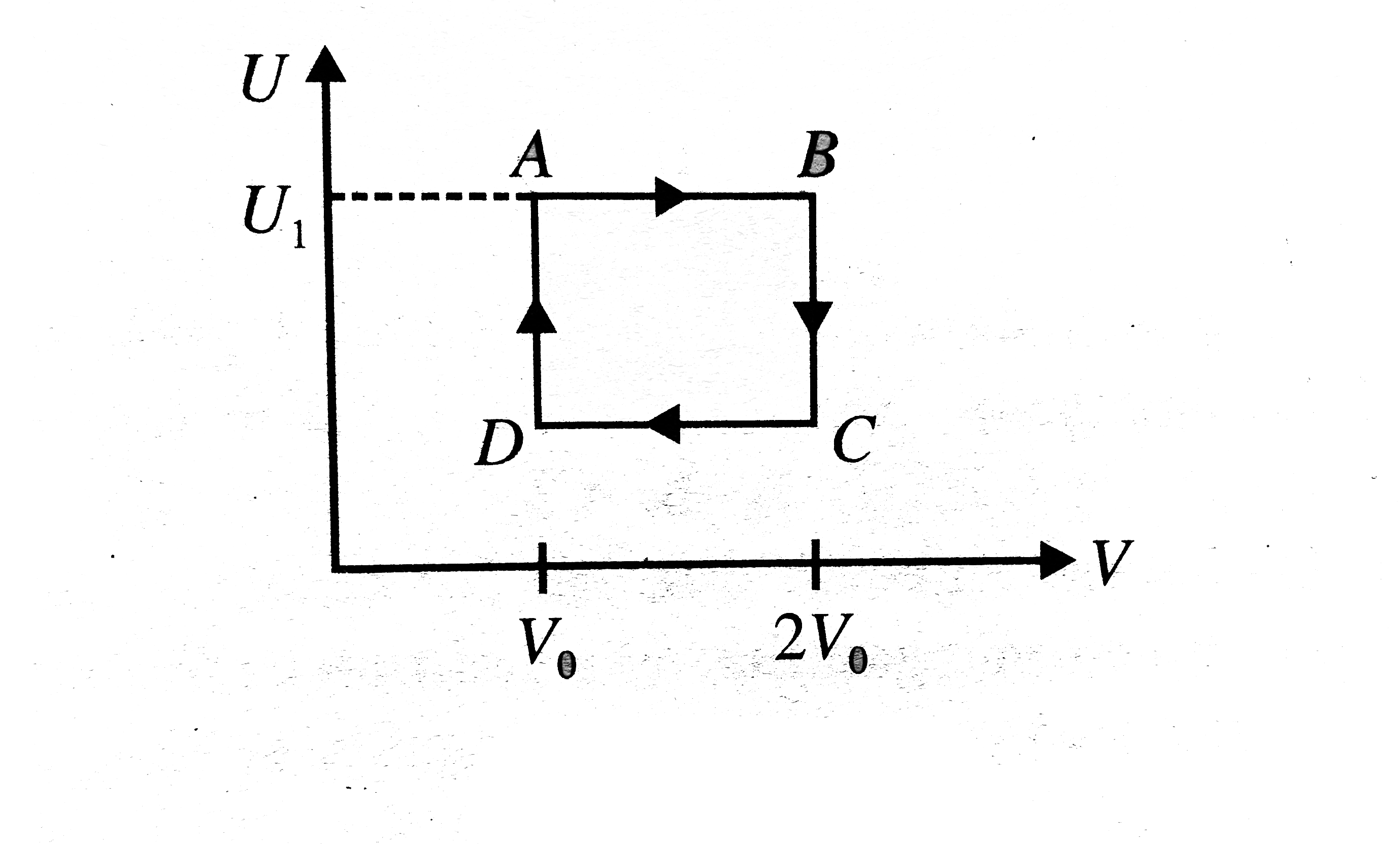In Example 94, if , where C is a constant, then is equal to
The correct Answer is:A
To solve the problem, we need to find P(Un|W) given that P(Ui)=C, where C is a constant.
1. Understanding the Problem: We are given that P(Ui)=C. This indicates that the probability of each Ui is constant. We need to find the conditional probability P(Un|W).
2. Using the Definition of Conditional Probability: The conditional probability can be expressed using the formula:
P(Un|W)=P(Un∩W)P(W)
3. Finding P(W): To find P(W), we need to consider all possible outcomes that contribute to W. If W is the event that involves n outcomes, we can express P(W) in terms of the probabilities of the individual outcomes:
P(W)=n∑i=1P(Ui∩W)
Since P(Ui)=C, we can write:
P(W)=n⋅C
4. Finding P(Un∩W): The probability P(Un∩W) can be determined similarly. If Un is part of the event W, we can express it as:
P(Un∩W)=P(Un)⋅P(W|Un)
Assuming P(W|Un) is also constant, we have:
P(Un∩W)=C⋅P(W|Un)
5. Combining the Results: Now substituting back into the conditional probability formula:
P(Un|W)=C⋅P(W|Un)n⋅C
The C cancels out:
P(Un|W)=P(W|Un)n
6. Final Simplification: If we assume that P(W|Un) is uniform across all n, we can denote it as 1n+1 (assuming W is equally likely among n+1 outcomes). Thus:
P(Un|W)=1n(n+1)
Conclusion:
The final result for P(Un|W) is:
P(Un|W)=2n+1
P(Un|W)=P(Un∩W)P(W)
P(W)=n∑i=1P(Ui∩W)
Since P(Ui)=C, we can write:
P(W)=n⋅C
P(Un∩W)=P(Un)⋅P(W|Un)
Assuming P(W|Un) is also constant, we have:
P(Un∩W)=C⋅P(W|Un)
P(Un|W)=C⋅P(W|Un)n⋅C
The C cancels out:
P(Un|W)=P(W|Un)n
P(Un|W)=1n(n+1)
The final result for P(Un|W) is:
P(Un|W)=2n+1
Topper's Solved these Questions
- PROBABILITY BOOK - OBJECTIVE RD SHARMA ENGLISHCHAPTER - PROBABILITY EXERCISE - Section- II (Assertion -Reason Types MCQs)
15 Videos
- PROBABILITY BOOK - OBJECTIVE RD SHARMA ENGLISHCHAPTER - PROBABILITY EXERCISE - Section I - Mcqs
89 Videos
- PROBABILITY BOOK - OBJECTIVE RD SHARMA ENGLISHCHAPTER - PROBABILITY EXERCISE - Chapter Test
45 Videos
- PERMUTATIONS AND COMBINATIONSBOOK - OBJECTIVE RD SHARMA ENGLISHCHAPTER - PERMUTATIONS AND COMBINATIONSEXERCISE - Chapter Test
60 Videos
- QUADRATIC EXPRESSIONS AND EQUATIONS BOOK - OBJECTIVE RD SHARMA ENGLISHCHAPTER - QUADRATIC EXPRESSIONS AND EQUATIONS EXERCISE - Chapter Test
50 Videos
Similar Questions
There are n urns each containing (n+1) balls such that ith urn contains i white balls and (n+1-i) red balls. Let u_i be the event of selecting ith urn, i=1,2,3…, n and w denotes the event of getting a white ball. IfP(u_i)=c, where c is a constant then P(u_n/w) is equal to
View SolutionThere are n urns each containing (n+1) balls such that the ith urn contains ' I' white balls and (n+1-i) red balls. Let Ui be the event of selecting ith urn, i=1,2,3,.., n and W denotes the event of getting a white ball. If P(Ui)∝ i, where i=1,2,3,..,n, then limn→∞P(W) is equal to
View Solution
Knowledge Check
p=3n(5n−2)
q=4(2−5n)
If p-q=ax2=bx+c for all values of x where a,b and c are constants, what is the value of c?A−8B−4C4D8If A,B,C are three mutually exclusive and exhaustive events of an experiment such 3P(A) = 2I = P(C ) , the P(A) is equal to .
A111B211C511D611
In Example 94, if n is even and E denotes the event of choosing even numbered urn (p(Ui)=1n), then the value of P(W/E), is
View SolutionThe internal energy of a gas is given by U = 3 pV. It expands from V0 to 2V0 against a constant pressure p0.
What is the value of γ(=CP/CV) for the given gas?
View SolutionIf a,b,andc are in A.P. p,q,andr are in H.P., and ap,bq,andcr are in G.P., then pr+rp is equal to a/c+c/a
View SolutionIf a,b,andc are in A.P. p,q,andr are in H.P., and ap,bq,andcr are in G.P., then pr+rp is equal to ac−ca b. ac+ca c. bq+qb d. bq−qb
View SolutionIf a,b,andc are in A.P. p,q,andr are in H.P., and ap,bq,andcr are in G.P., then pr+rp is equal to ac−ca b. ac+ca c. bq+qb d. bq−qb
View SolutionOne mole of an ideal gas has an internal energy given by U=U0+2PV , where P is the pressure and V the volume of the gas. U0 is a constant. This gas undergoes the quasi− static cyclic process ABCD as shown in the U−V diagram. The molar heat capacity of the gas at constant pressure is

View Solution
